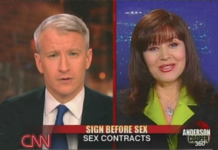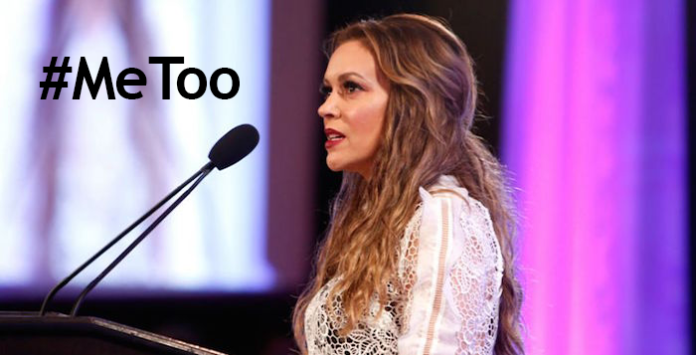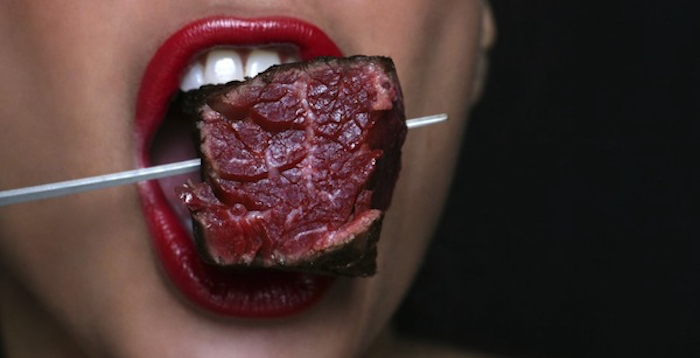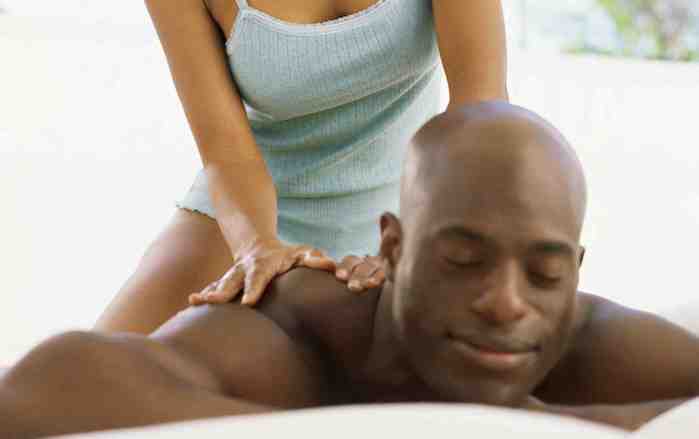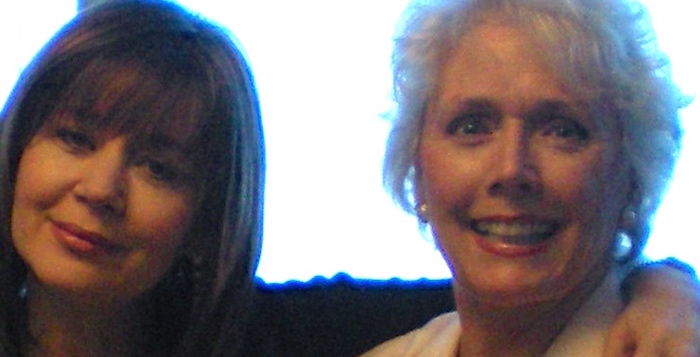As I added my name to the thousands of women (and many men) responding to Alyssa Milano’s #MeToo hashtag this week, I was struck by the sheer volume of stories of sexual harassment, physical, emotional or sexual abuse. I literally cannot name one female friend or client who hasn’t been affected by sexual predatory behavior, and seeing all the people in my life come forward on social media with the simple “Me Too” declaration is an ongoing profound experience.
Hollywood actresses are breaking their silence around sexual harassment and abuse of power in the entertainment industry in the wake of Harvey Weinstein’s downfall, and the accusations reveal story after story of disgusting male behavior that is truly outrageous. But sadly, most women I know are so accustomed to the systemic misogyny in almost every industry, that they’re not surprised at all. I include myself in that category.
Like Reese Witherspoon, I was raped by a director. And like her, I was taught to be silent about it and any other sexual harassment I faced, lest it ruin my career or cost me my life. Now as I teach sexual healing decades later, I am most often examining this harassment culture through a lens of recovery, helping women get on with their lives and enjoy their sexuality again. But this recent tidal wave of awareness has me hopeful again that we could begin to stop it at the source. How can we do this?
Tarana Burke, the original creator of the “Me Too” campaign ten years ago believes the solution lies with empathy, and I think she’s right. In solidarity, women have power. In great numbers, our stories do matter, and can’t be swept under the rug of, “Well, look at what she was wearing, she was asking for it,” or “Why didn’t she say something at the time?” Is it finally time to stop expecting victimized women to change the system? I am uplifted seeing all the men that are appalled at the #metoo numbers, and are vowing to ‘call out’ their fellow males when they behave inappropriately.
Harvey Weinstein defended his behavior in part by saying that he grew up in the 1960s and 1970s, when treatment of women was ‘different.’ Can the same defense be used by Bill Cosby, Roman Polanski, Roger Ailes, Bill O’Reilly, Woody Allen and Donald Trump? Is the ‘Baby Boomer Defense’ going to replace the ‘Twinkie Defense’ in the history of flawed justifications? I can’t help comparing Weinstein to my late husband of 25 years, also a Jewish American man who came of age during that period. He never raped anyone, and managed to maintain a life-long high profile career without putting women’s rights and safety in jeopardy. So why do some men bully and intimidate, while others don’t?
One scientific fact at play here is that testosterone is an intoxicating chemical. I’ve spoken with transgendered men who were surprised at the change in their own behavior when they began transitioning, taking testosterone hormone treatment. Some described feeling a narrower range of emotions, less sympathy for others in general, and increased feelings of aggression. It’s no wonder men are responsible for much more of the predatory behavior that gets reported daily. But obviously this is not an excuse for causing harm and abuse to others. Men must evolve.
Another part of the equation is that harassment takes on so many different forms that it makes it difficult to see every behavior as fitting under the same umbrella. Yet as soon as you allow a grazed breast to go unmentioned, you’re opening the door to something worse on the spectrum “from sexual harassment to murder,” as Burke describes the gamut. I was a Playboy bunny and have hosted many sex-themed radio and TV shows, so you can imagine that I’ve brushed off more harassing comments and behavior than the average woman, so my point of view of what can be “tolerated” (not that it should ever be) will be different from the next person’s. And to make things even more complicated, women have bought into the belief that a man’s sexual approval is something to be sought after. For example, I have a friend in her 50’s tell me recently that she felt so guilty about her elation at getting a catcall walking past a construction site. That’s classic unwanted behavior, yet she had a visceral positive reaction to being treated as ‘fuckable at 50,’ to quote Hollywood lingo. Are women constantly seeking approval because of cultural messaging? Yes, of course, and this is not helping us on the journey toward equality.
So, Weinstein has been ousted by the Academy of Motion Pictures and even out of his own company, and now Roy Price, the head of Amazon Studios, has resigned following accusations of his sexual harassment behavior. But what about the predator culture at large? Director Sarah Polly in her piece in the New York Times this weekend points out aptly that Weinstein is “just one festering pustule in a diseased industry.” So what can we do to heal as a culture?
As we raise the next generation of men, we teach them that they must treat women with respect. We stand up for ourselves and react as immediately as we can to unacceptable behavior. We help each other, women and men, define what unacceptable behavior is, we learn to recognize it without having to debate it. We call it out early and often, and loudly. We stand tall and proud as we look predators in the eye and name their behavior, indicating that we will not be silenced or pretend there is an alternative explanation. We bring lawsuits. We speak up. We forgive ourselves. We heal, and we slowly change the culture from one of prey and predators to one of consent and equality.
















